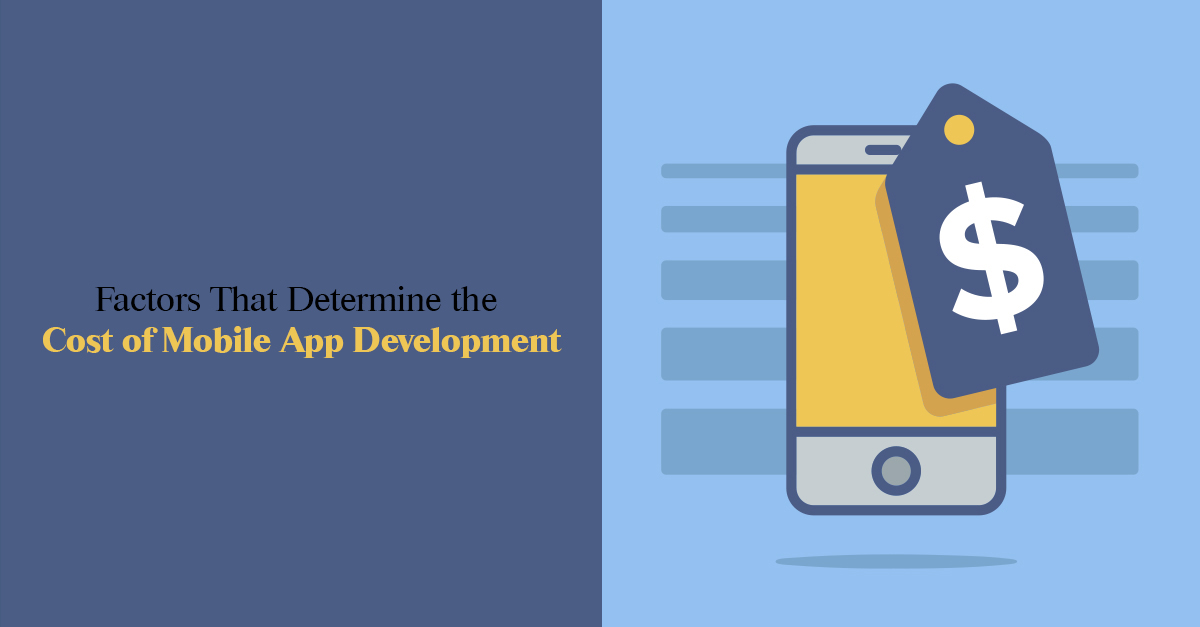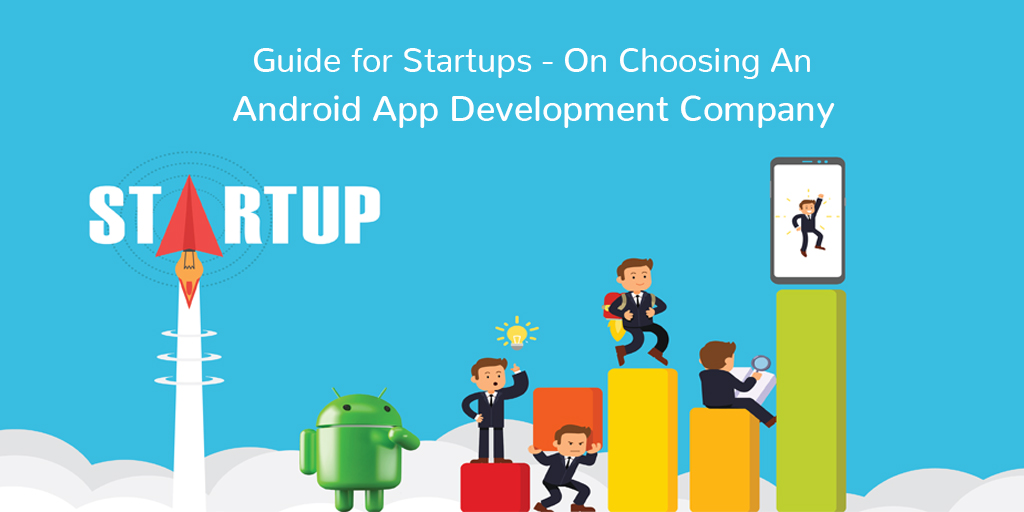
Factors That Determine the Cost of Mobile App Development
In the sphere of mobile apps, the primary question that any company asks is “What is the cost of developing a mobile application?” The Cost of Mobile App Development differs widely according to requirements. To develop a mobile app, it requires a sum of efforts, a robust foundation, superb plan execution, an outstanding network, and resources of one of the best app development companies.
App cost fluctuates due to various elements and the market condition at a specific time. It also rests on the nature of the app that has to be developed. According to a survey comprising the best app development companies, the average app development cost is US$6500. There are several factors deriving the cost of mobile apps and they differ from product to product and market to market.
The modern digital domain is encircled by mobile bionetworks. To remain economical in this tough competition, mobile apps are mandatory. From a simple reading app to a heartbeat-tracking app, there are various apps to address your needs.
Many companies hesitate to develop a mobile app fearing that app development cost isn’t pocket friendly. However, the knowledge of essential cost modifiers in app development, which we will discuss here, can assist you in making profitable decisions. It is crucial to achieving high returns from your mobile app investment.
Key Points That Determine the Cost of Mobile App Development
1. Research
The chief objective of a research is to understand the demands and needs of the market. A proper research before executing your plans is vital to the success of your app. This improves the quality of the final product.
Startups generally do not have adequate time and funds for research work. Contrary to this, already established companies tend to invest a massive amount in research. Hence, research is a crucial area for cautious investment.
2. Human Resource
People working on your app’s development are vital for determining the cost of your app. The human resources that you assign for your app development are of two types: in-house developers and offshore developers.
In-house developers charge reasonably and offshore developers are expensive to employ. Based on your budget, you can opt between either of these. Human resource is vital for an economical and timely completion of your app’s development phase.
3. Mobile Platform
The mobile platform on which you want to run your app is crucial for fixing the final cost of your app’s development. Three chief platforms that are available in the market are AndroidOS, iOS, and WindowsOS.
The determining cost varies for different platforms. The AndroidOS supports a variety of devices and requires compound efforts to develop an app. The iOS comparatively needs lesser efforts as it supports only a few devices. Therefore, Android apps are more expensive than apps on iOS.
4. Testing
Testing is an important element to decide the cost. Eventually, it is essential to deploy an extensive testing before unveiling an app. The final testing will be finer than the first testing.
Repetitive app testing might be performed to achieve desired results. There is a possibility of making changes in your app based on external feedback. This will raise your budget. It is impossible to evade this cost because it determines the success of an app.
5. Updates and Maintenance
Developers are focused on providing the finest technology to their clients. The maintenance charge of even the simplest apps is around US$ 4000/month. The maintenance cost goes hand in hand with the project’s magnitude. The maximum cost can reach around US$30000/month.
This cost depends on the frequency of app updates and your business requirements. Almost 50% of the prevailing mobile apps are being updated at least twice a month, whereas almost 40% apps are updated every six months.
6. Native Apps or Hybrid Apps
The choice between native and hybrid apps should be based on your preference. Native apps are designed for an individual platform and can be downloaded through an app store. On the other hand, hybrid apps are designed to perform on multiple platforms and websites.
A native app is comparatively faster and costs more than a hybrid app. Therefore, your selection of the app type can greatly alter the final cost of app development.
7. Time
Time is another component that can determine the app cost. Developing an extensive and multifaced app can be more time consuming. It will be costlier because of its consumption of additional resources.
Most of the app developers charge between $30 and $50 per hour of work. Peak hourly rates are basically charged by developers operating in North America. Mobile app developers of Europe and Asia charge up to $100 per hour.
8. Features and Functionality
App features and functionality is a determining factor for your app’s development cost. When it comes to integration of features, there is a wide-ranging variety of features to choose from. The developer gears them according to the needs of your business or app. However, it chiefly depends on the kind of app you desire.
In addition to this, you might need to incorporate social media keys in your app such as Facebook, Twitter, and Instagram. Several apps include a geo-fencing ability and are empowered with GPS. The cost will rise with the incorporation of more features.
9. Licensing and Copyright
An app’s copyright and licensing are vital and mandatory prior to the release of your app in the market. To launch your app, you must pay a considerable amount to the app store. Apple’s iOS charges $99 a year, whereas Google’s Play Store charges $49 a year.
Thus, you now know that there are various aspects determining the cost of a mobile app development. Therefore, it is difficult to formulate a fixed amount. You can only determine an approximate licensing cost because it is influenced by the type of features included in your app.
Companies are implementing Creative Technologies & Trends of Mobile App Development to stay ahead in the competition. With the advent of new pioneering and advancing technologies, companies are turning mobile to match speed with the evolving technologies.
Mobile apps are a superior mode to enhance and formulate business value by refining productivity, organizing sales, and growing brand outreach. It’s more significant than ever for companies to form a widespread mobile strategy to realize the influence of mobile app technology. The need for companies to involve their customers in a mobile app has amplified so much in recent years that it is nearly an obligation. Nevertheless, you need to look at it as a business investment.

















 Whatsapp
Whatsapp
 Email
Email


